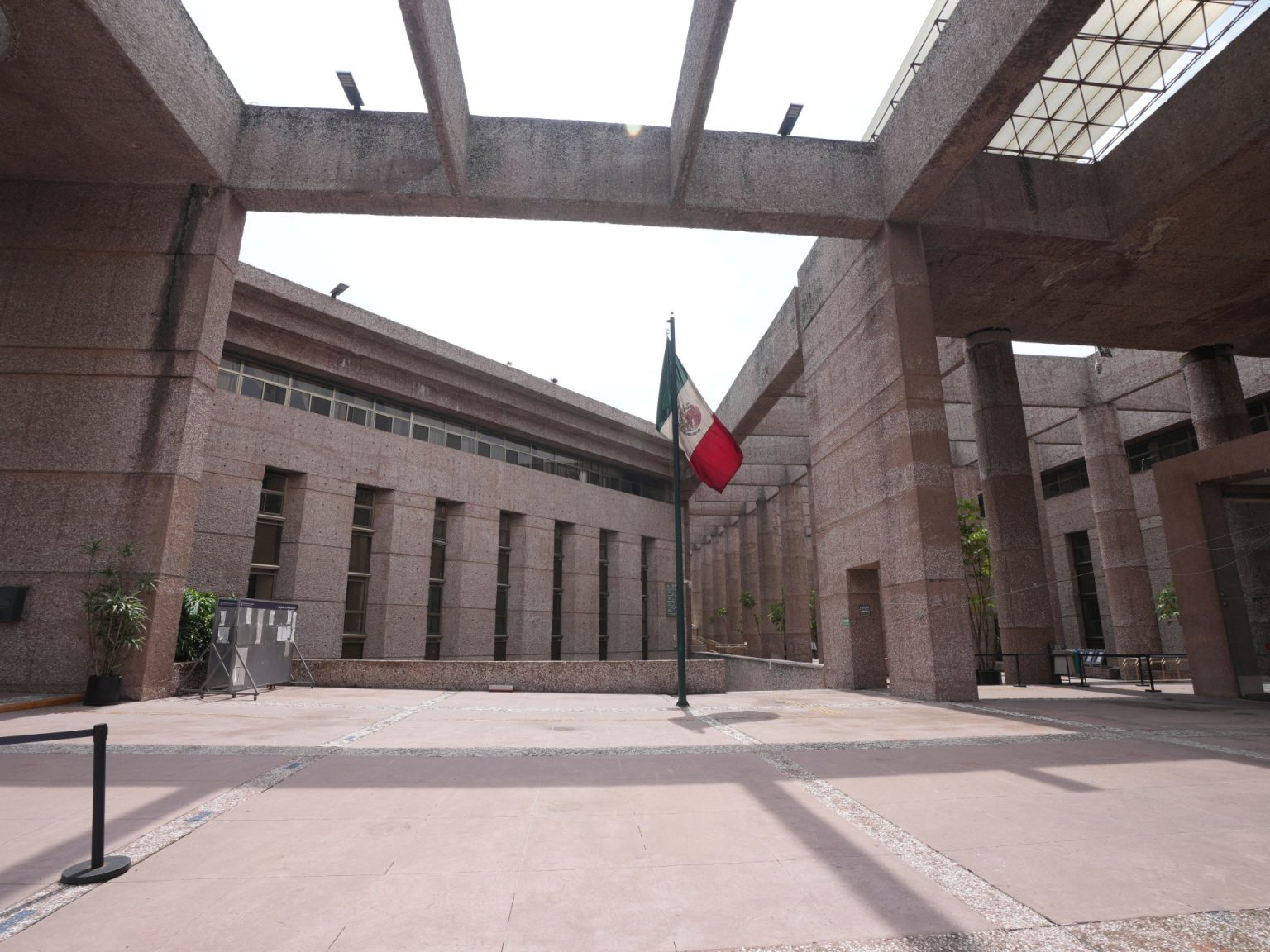Thousands of judicial workers and judges in Mexico have gone on strike in response to President Andres Manuel Lopez Obrador’s plans to overhaul the country’s courts. The proposed reforms include electing federal judges, including Supreme Court appointees, by popular vote to combat corruption. However, critics fear that this move will erode checks and balances, destabilize the justice system, and compromise judicial independence and autonomy. Some experts also warn that the reforms could allow Lopez Obrador’s Morena party to exert undue influence over the legal system.
The strike was initiated by unions representing about 55,000 judicial functionaries who are concerned that the reforms could undermine merit-based court jobs. The association of federal judges and magistrates, representing more than 1,400 judicial officers, has also joined the strike. They oppose the wide-ranging powers the reform would give to Lopez Obrador and the Morena party. The ruling coalition led by the Morena party has presented a plan for the reforms in the lower house of Congress, aiming to push through constitutional changes before Lopez Obrador’s term ends in September.
Under the proposed reforms, judicial candidates would be nominated by the executive, legislative, and judicial branches, vetted by special committees, and put to a popular vote. The plan includes staggered elections for judges, with half elected in 2025 and the other half in 2027. Lopez Obrador argues that the reforms are necessary to combat corruption and improve public confidence in the judicial system. However, critics question the motivations behind the overhaul, citing ongoing tensions between the president and the judiciary, as well as concerns about the consolidation of power within the Morena party.
While there is widespread agreement that Mexico’s criminal justice system requires urgent reform, legal experts and human rights advocates are critical of Lopez Obrador’s proposals. They believe that the reforms are more about populist politics than meaningful policy changes. Critics argue that the overhaul does not address the root causes of issues in the justice system, such as the lack of capacity and willingness among prosecutors to investigate crimes. Reform advocates emphasize the need for changes in public prosecutors’ offices and the process for individuals to seek protection for their rights.
The judicial overhaul would require a constitutional amendment, necessitating a three-fourth vote in both chambers of Congress. The ruling Morena party has the numbers in the lower house but may fall short in the senate. However, they could potentially secure additional votes from other lawmakers to pass the reforms. In response to the strikes, Lopez Obrador dismissed them as counterproductive and suggested that the absence of judges and magistrates could prevent criminals from evading justice. Critics see the strike as a last resort to block the reforms and raise public awareness about the potential risks to the rule of law and electoral democracy in Mexico.


